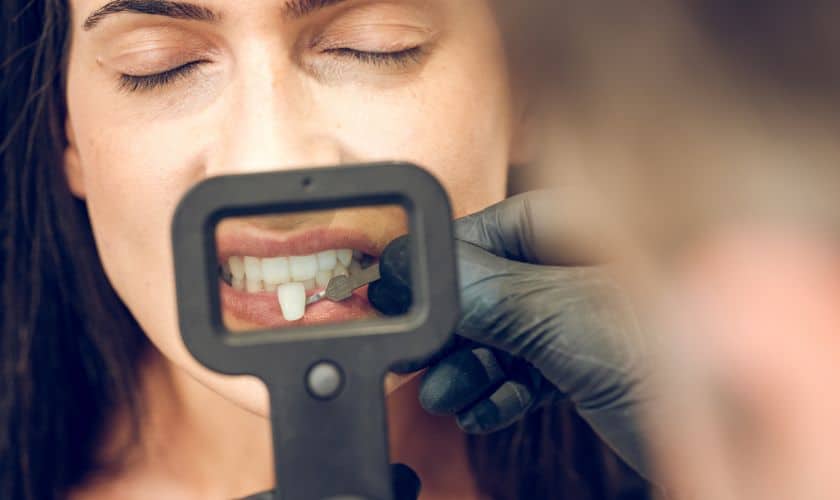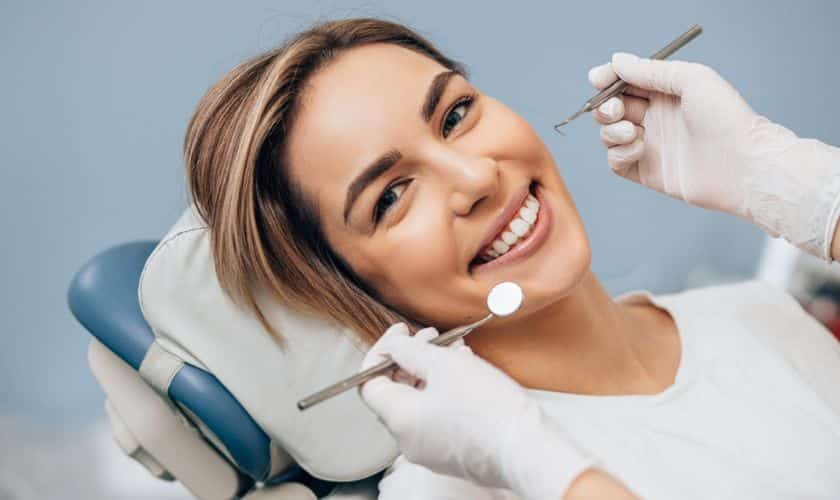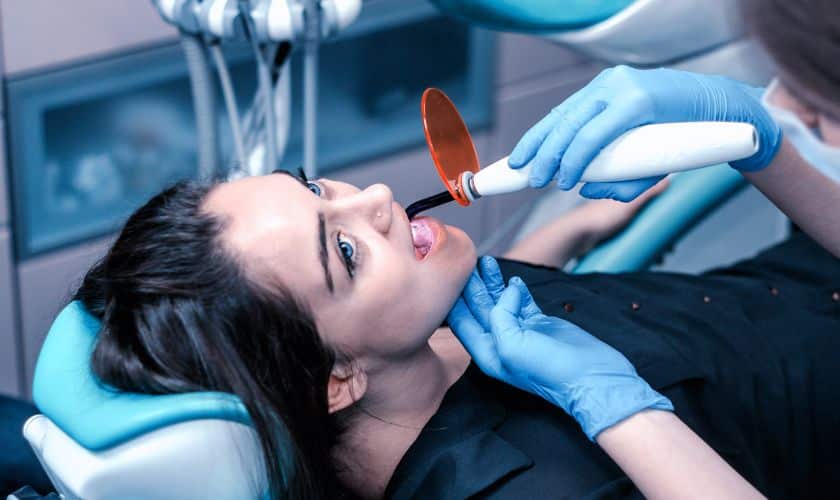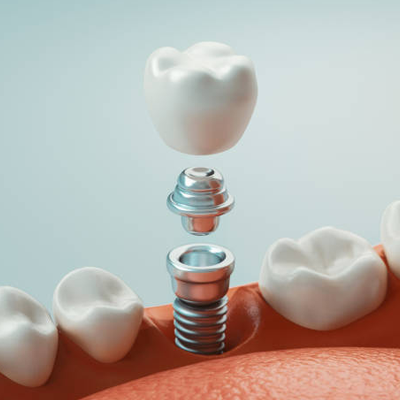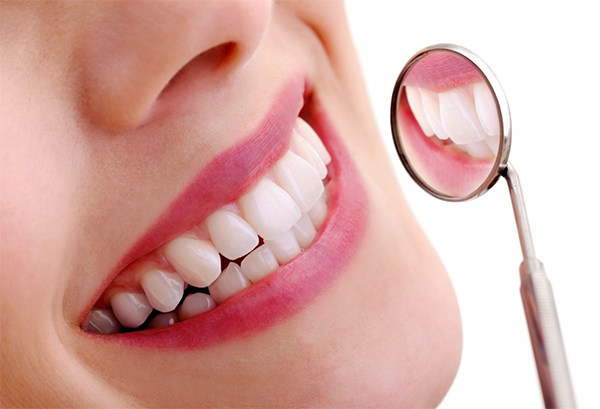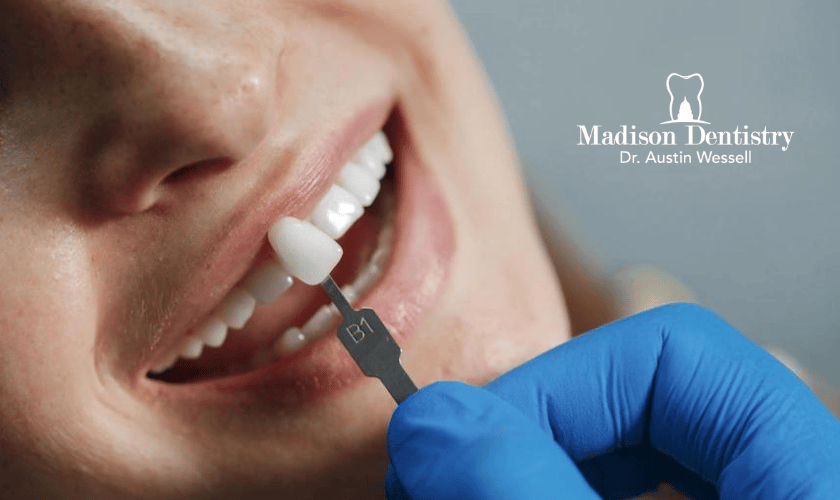
Are you considering getting dental veneers? If so, it’s important to understand the aftercare process to ensure that your new smile remains to look its best. In this article, we’ll provide 7 tips to help you look after your dental veneers and keep them in perfect condition for years to come.
What are Dental Veneers?
Dental veneers are thin, tooth-coloured shells that are custom-made to cover the front surface of your teeth. They are used to improve the appearance of your smile and can also be used to protect your teeth from further damage.
Veneers are made from either porcelain or composite material. Porcelain veneers are more durable and resistant to staining than composite veneers. However, they are also more expensive.
Composite veneers are made from a mixture of plastic and glass particles. They are less expensive than porcelain veneers but not as durable. Composite veneers can also be stained more easily than porcelain veneers.
It is important to take care of your dental veneers so that they last as long as possible. Here are some tips for taking care of your new smile:
Aftercare Tips to Maintain Your Veneers
Aftercare for dental veneers is important to ensure the longevity of your new smile. Here are a few tips to help you protect your investment:
1. Be Careful with Teeth Whitening Products:
Be careful with at-home teeth whitening products to keep your veneers looking their best. Some of these products can damage the bonding material used to attach your veneers to your teeth, so it’s best to consult your dentist before using them.
2. Practice Good Oral Hygiene:
Good oral hygiene habits are just as important for people with dental veneers as they are for people without them. Be sure to brush twice a day and floss daily to remove plaque and bacteria from around your teeth and gums.
3. See Your Dentist Regularly:
In addition to practising good oral hygiene at home, be sure to see your dentist for regular checkups and cleanings. This will help ensure that your veneers stay in good shape and that your mouth stays healthy overall.
4. Brush and Floss Regularly:
Like natural teeth, veneers must be brushed twice daily and flossed once daily. Use a soft-bristled toothbrush and gentle circular motions when brushing. Be sure to brush gently around the gum line where your veneers meet your gums.
5. Be careful with what you eat:
Avoid hard or chewy foods that can crack or chip your veneers. When you first get your veneers, your teeth may feel sensitive. This is normal and should go away after a few days. To help with the sensitivity, avoid hard and sticky foods for the first week or so. After that, you can gradually start to eat whatever you want, but be careful not to bite down too hard on anything.
Sticky foods can cause your veneers to lose, so it’s best to avoid them altogether. If you do eat something sticky, be sure to brush your teeth afterwards. Hard foods can also damage your veneers, so avoid chewing on ice or hard candy.
6. Drink Plenty of Water
When it comes to dental veneer aftercare, one of the most important things you can do is drink plenty of water. This will help keep your mouth hydrated and flush away any bacteria that could cause problems. It’s also a good idea to avoid sugary drinks and alcohol as these can contribute to dehydration.
7. Quit Smoking or Reduce Tobacco Use
If you smoke or use tobacco products, it’s important to quit or reduce your use before considering dental veneers. That’s because smoking and tobacco use can cause serious problems for your oral health, including staining and discolouration of your teeth, gum disease, and even tooth loss. It can also make it more difficult for your dentist to place the veneers correctly. So, quitting smoking or reducing tobacco use is a necessary first step if you’re serious about getting dental veneers.
How to Repair Damaged Veneers
If your veneers become chipped or damaged, it’s important to seek professional dental care as soon as possible. Depending on the severity of the damage, your dentist may be able to repair your veneers or may need to replace them entirely.
If you have a small chip in your veneer, your dentist may be able to repair it with a bonding material. If the damage is more extensive, they may need to replace the veneer entirely. In either case, seeking professional dental care as soon as possible is important to avoid further damage.
To help protect your new smile, avoid chewing on hard objects and refrain from using your teeth as tools. Additionally, brush and floss regularly and visit your dentist for regular checkups and cleanings. Taking good care of your teeth can help ensure that your veneers last for many years.
Conclusion
Dental veneers can offer you a beautiful and durable smile, but proper aftercare is essential for successful maintenance. Following the above tips will help to ensure that your veneers stay in pristine condition for as long as possible. Regular visits to the dentist are important, too, since they can check on the condition of your veneers and make sure there have been no changes or issues with them. With a commitment to aftercare, you should be able to enjoy your new smile for many years!



